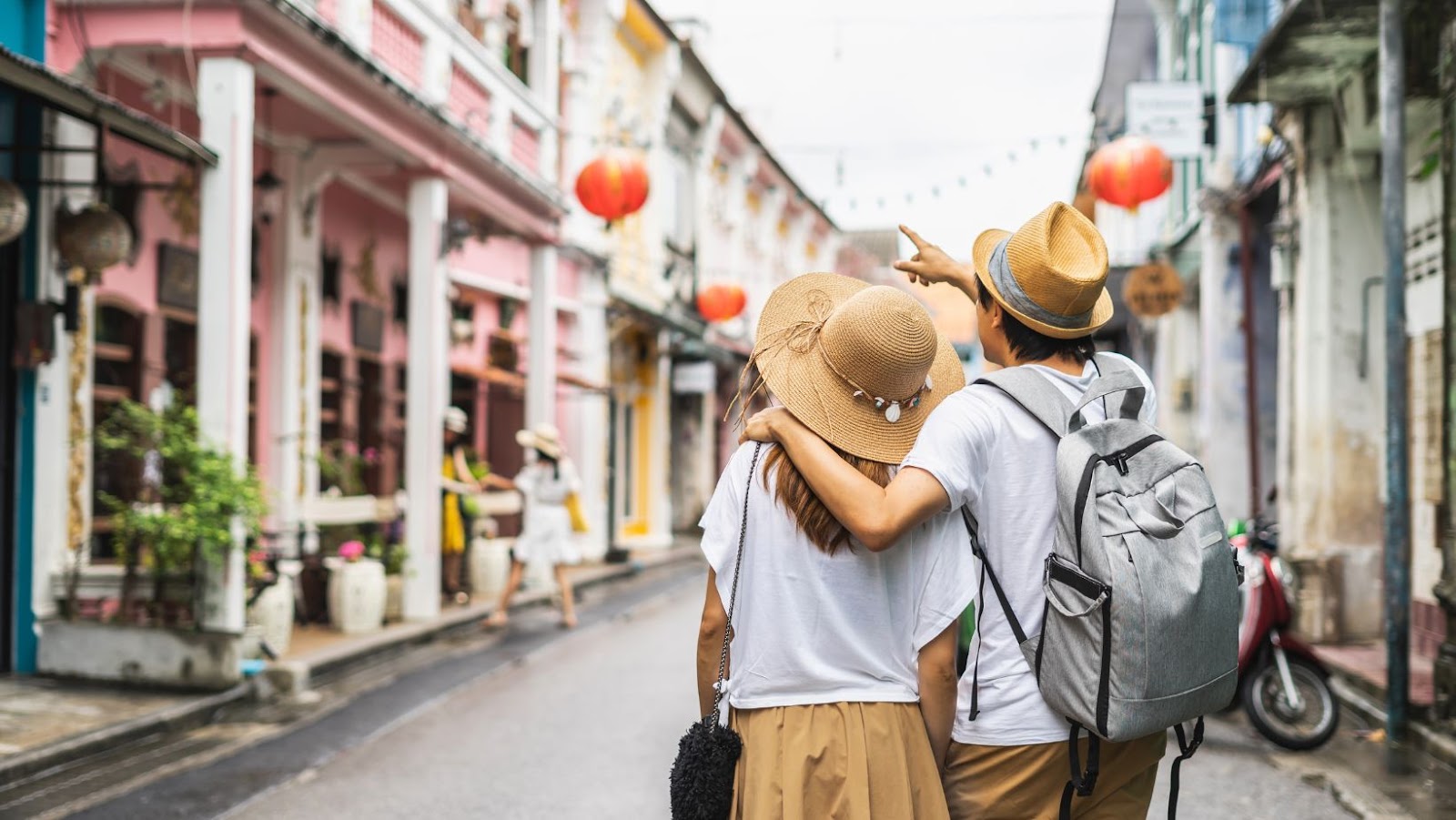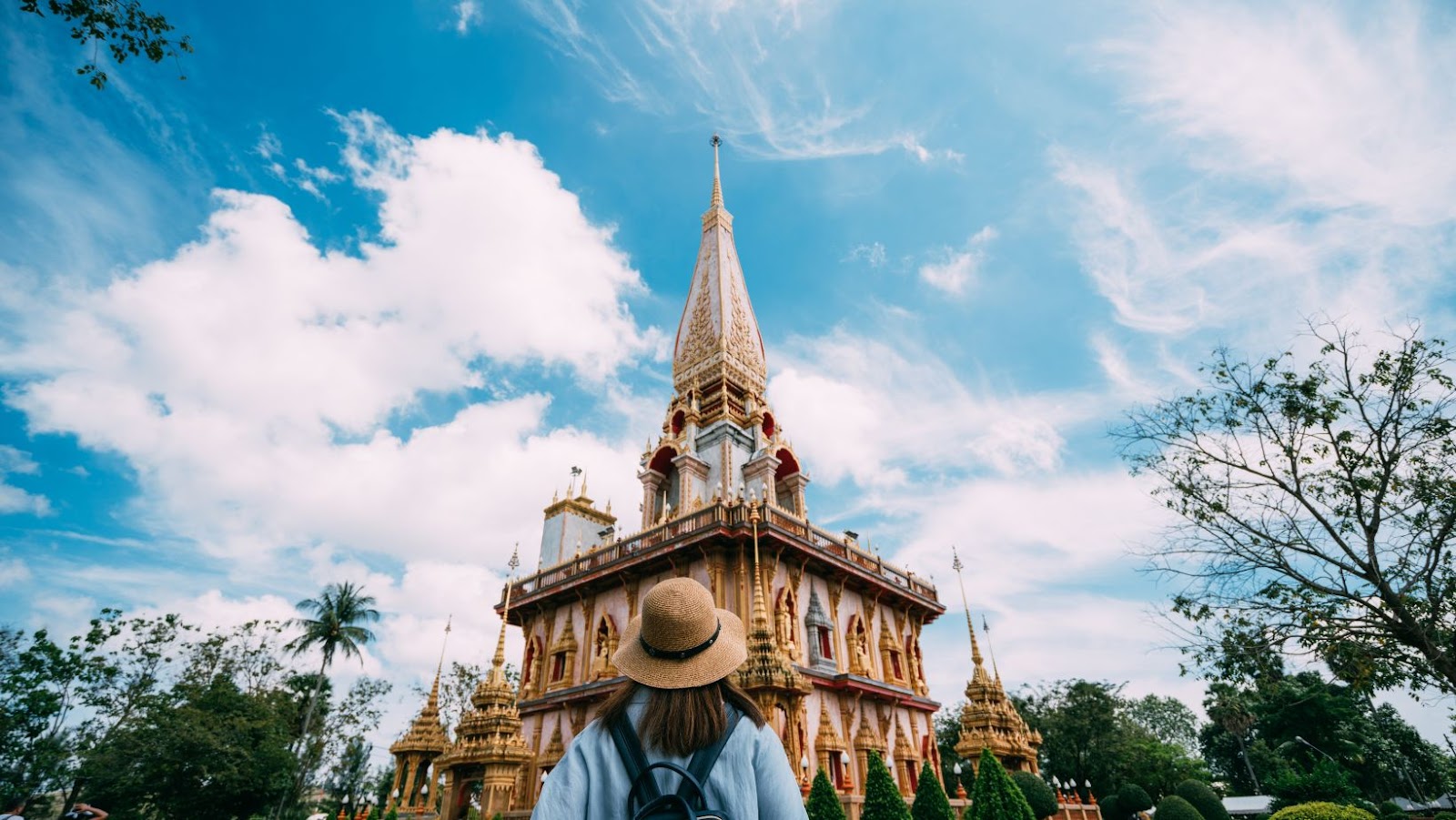 Thailand Travel Essentials
Thailand Travel Essentials
Thailand offers a rich travel experience, blending vibrant cities and idyllic beaches. For a seamless trip, preparing well by understanding key Thailand travel essentials proves crucial.
Travelers need a valid passport with at least six months’ validity. A tourist visa is required for stays over 30 days. Ensure travel insurance is in place for emergencies. Carry photocopies of important documents.
Thailand’s currency is the Thai Baht (THB). Credit cards are widely accepted in cities like Bangkok and Chiang Mai but carry cash for remote areas. Currency exchange counters are available at airports and in major cities.
Light, breathable clothing is ideal given Thailand’s tropical climate. Consider packing a scarf or shawl for temple visits. Comfortable shoes are necessary for exploring cities like Bangkok and Chiang Mai.
Vaccinations for Hepatitis A, Hepatitis B, and Typhoid are advisable. Be cautious with street food and always drink bottled water. Carry a basic first-aid kit and insect repellent.
Thailand boasts efficient public transport, including tuk-tuks, taxis, and the BTS Skytrain in Bangkok. Renting motorbikes provides flexibility in cities like Pattaya and Chiang Mai. Always wear a helmet and drive cautiously.
Local SIM cards from providers like AIS and TrueMove offer affordable internet packages. VPN services secure online activities. Thailand follows ICT regulations strictly, so respect local laws.
Show respect to Thai customs by greeting with a wai and removing shoes before entering homes or temples. Dress modestly in religious sites. Public displays of affection are considered inappropriate.
Thailand’s climate is tropical, characterized by hot seasons from March to May, rainy seasons from June to October, and cooler seasons from November to February. Pack appropriately for the season of your visit.
While Thai is the official language, English is commonly spoken in tourist areas. Learning basic Thai phrases can enhance communication and enrich cultural experiences.
Dial 191 for police, 199 for fire services, and 1554 for medical emergencies. Note the contact details of your country’s embassy in Thailand.
 Packing List
Packing List
Travelers to Thailand travel essentials should consider several essentials to ensure a smooth and enjoyable trip. Here’s a breakdown under key subheadings:
Pack light, breathable fabrics as Thailand has a tropical climate. Travelers should include:
- T-Shirts: Cotton or linen, short-sleeved for day use
- Shorts and Skirts: Comfortable and appropriate for warm weather
- Swimwear: Suitable for the beach and pools
- Light Jacket: An option for cooler evenings and air-conditioned places
- Footwear: Comfortable walking shoes and sandals
- Proper Attire for Temples: Long pants and sleeved shirts for respecting local customs
Bringing essential toiletries ensures personal comfort and hygiene. Important items include:
- Sunscreen: High SPF for protection against tropical sun
- Insect Repellent: Necessary to prevent mosquito bites
- Toothbrush and Toothpaste: Daily dental hygiene
- Basic First Aid Kit: Band-aids, antiseptic wipes, and other basics
- Hand Sanitizer: Convenience when soap and water are unavailable
Certain gadgets can enhance the travel experience in Thailand. Key gadgets are:
- Smartphone: Essential for communication, navigation, and photos
- Power Bank: Keeps devices charged on the go
- Universal Adapter: Suitable for different types of power outlets
- Portable WiFi Device: Ensures consistent internet access
- Camera: Captures high-quality photos of scenic spots
Pack smart to embrace the vibrant culture, stunning landscapes, and wonderful experiences Thailand offers.
 Important Documents
Important Documents
Travelers going to Thailand need to carry certain important documents. These documents ensure smooth entry and stay in the country.
International visitors need a valid passport. The passport must be valid for at least six months from the date of entry. Additionally, many nationalities can enter Thailand visa-free for up to 30 days. For longer stays, a tourist visa is required, which can be extended for another 30 days once in Thailand. Travelers should check the specific visa requirements based on their nationality before departure.
Having travel insurance is essential. It ensures coverage for unexpected medical emergencies, trip cancellations, lost luggage, and other unforeseen events. Many policies specifically cover accidents and illnesses while traveling. For instance, if a traveler faces a health emergency, travel insurance can cover hospital bills and emergency services.
Keeping a list of emergency contacts is crucial. This includes the local embassy or consulate contact details, which can assist with lost passports or legal issues. Also, noting down the contact number for local emergency services like the police and hospitals ensures preparedness in case of emergencies. Most of these numbers are easily accessible and should be stored on mobile devices for quick access.